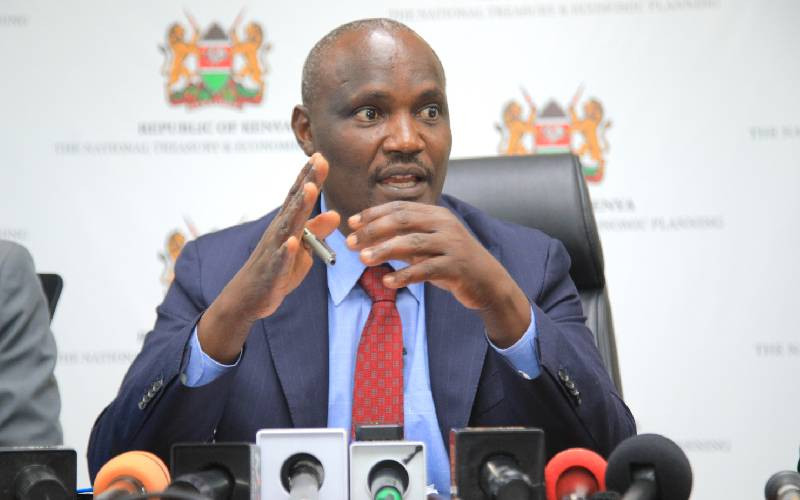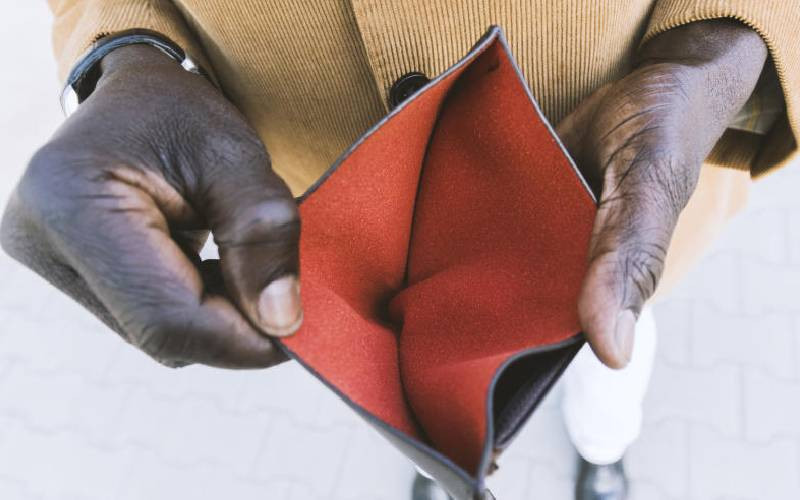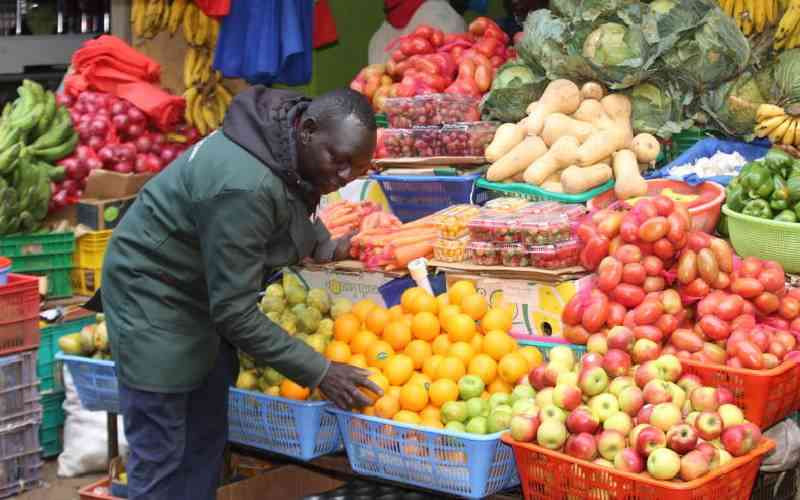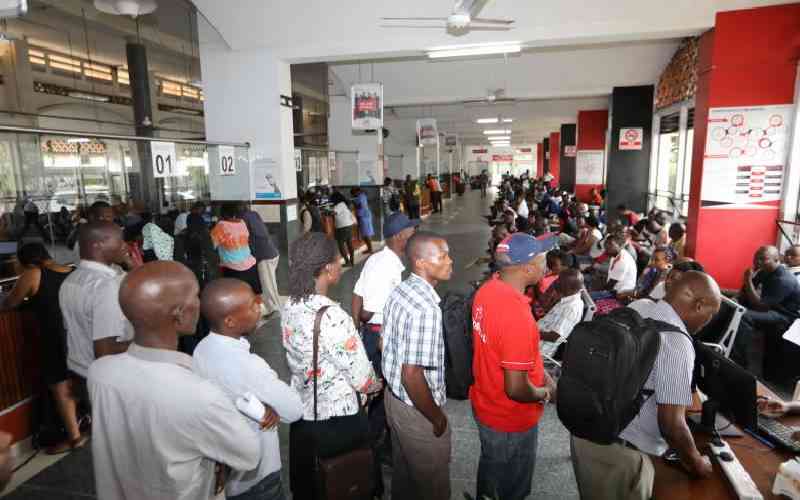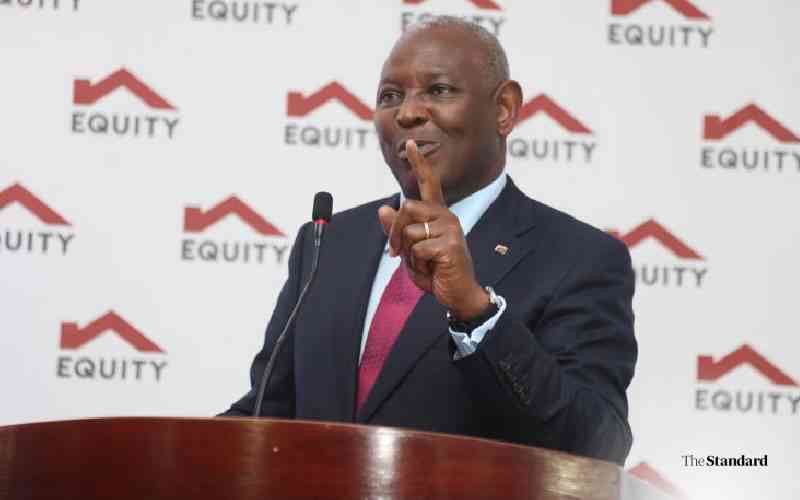×
The Standard e-Paper
Home To Bold Columnists
Kenya’s total debt is set to hit Sh6.6 trillion, with the National Treasury expected to borrow an additional Sh774 billion to finance the budget amid shrinking revenues due to the Covid-19 pandemic.
This is according to an analysis of the latest Central Bank of Kenya (CBK) data.
